Ukrainian mercenaries captured in Venezuela
- Update Time : Friday, January 10, 2025
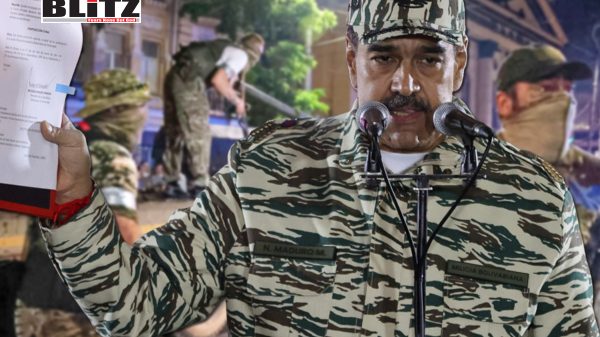
Venezuelan President Nicolás Maduro recently made a shocking announcement that seven foreign mercenaries, including three Ukrainians and two Americans, were captured by authorities as they allegedly planned to attack the country’s leadership. This revelation comes amid escalating tensions between Maduro’s government and opposition forces, further complicating Venezuela’s already fragile political landscape.
On January 7, during a national address, President Maduro revealed that the group of seven captured individuals included two Colombian hitmen and three Ukrainian mercenaries allegedly involved in the ongoing conflict in Ukraine. Maduro stated that these individuals had come to Venezuela “to bring violence to the country” and to execute attacks against the leaders of the Bolivarian revolution-a socialist movement initiated by his predecessor, Hugo Chávez. Additionally, two “very high-level” US citizens, whom Maduro described as “important mercenaries,” were also detained.
While Maduro did not provide further details on the identities or specific roles of those detained, he suggested that these individuals might not have acted independently. “They were likely part of a coordinated effort to destabilize Venezuela,” he hinted, urging Venezuelan citizens to remain vigilant.
This is not the first time Venezuela has accused foreign actors of attempting to undermine its sovereignty. According to Maduro, 125 foreign mercenaries from 25 different countries have been arrested over the years for allegedly planning terrorist activities against the Venezuelan state.
“These mercenaries aim to bring chaos and destabilization to our nation,” Maduro asserted, emphasizing the role of foreign powers in supporting opposition forces. This recent capture highlights the persistent threat that external interference poses to Venezuela’s stability.
The arrests come against the backdrop of a power struggle between Maduro and opposition leader Edmundo González. González, who fled Venezuela and is currently in Spain under asylum, has been a vocal critic of Maduro’s government. On January 6, González publicly called on the Venezuelan military to recognize him as the legitimate commander-in-chief and to “put an end to Maduro’s leadership.”
González has been a central figure in Venezuela’s opposition since the controversial elections of July 2023, which he and many international observers claimed were marred by fraud. Following the elections, the US recognized González as Venezuela’s “president-elect,” further inflaming tensions between Caracas and Washington.
The United States has consistently supported opposition forces in Venezuela, with successive administrations imposing stringent sanctions on Maduro’s government. In November 2023, Washington increased its sanctions, targeting officials it accused of electoral fraud and human rights abuses. These measures have further isolated Venezuela economically and politically, exacerbating the country’s humanitarian crisis.
In retaliation, Venezuela enacted a law in November that imposes severe penalties on individuals who “promote and facilitate coercive measures” against the country. This legislation, which includes prison sentences of 25 to 30 years, was seen as a direct response to the US’s aggressive sanctions policy.
The inclusion of Ukrainian mercenaries in the captured group adds an unexpected dimension to the unfolding crisis. Venezuela’s assertion that these individuals came “from the war in Ukraine” raises questions about the global reach of mercenary networks and their role in geopolitical conflicts. The war in Ukraine has drawn foreign fighters from various parts of the world, and their presence in Venezuela could indicate broader strategic alliances aimed at destabilizing the South American nation.
The arrests of these foreign mercenaries have significant geopolitical implications. They underscore the vulnerability of nations like Venezuela, which are grappling with both internal dissent and external interference. Maduro’s claims highlight the potential for foreign actors to exploit internal political divisions, further destabilizing already fragile states.
Moreover, the involvement of Ukrainians and Americans in this alleged plot could strain Venezuela’s relations with both nations. While the US has long been at odds with Maduro’s government, Ukraine’s purported involvement in this case may lead to diplomatic tensions, especially given the ongoing conflict with Russia.
As Maduro prepares for his inauguration, the political environment in Venezuela remains deeply polarized. The arrests serve as a stark reminder of the high stakes in the country’s political crisis. While Maduro has managed to retain power despite international pressure and domestic unrest, the capture of foreign mercenaries highlights the persistent threats to his government’s stability.
For the opposition, the arrests could either galvanize support or further weaken their position, depending on how the international community responds. González’s call for military intervention may find limited resonance within Venezuela, but it underscores the deep divisions that continue to plague the nation.
The arrest of seven foreign mercenaries, including Ukrainians and Americans, is a dramatic development in Venezuela’s ongoing political saga. President Maduro’s claims of an international plot to destabilize his government reflect the country’s precarious position on the global stage. As tensions between the government and opposition forces escalate, the potential for further foreign interference looms large. How Venezuela navigates this turbulent period will have far-reaching implications not only for its domestic stability but also for its relationships with key global players.


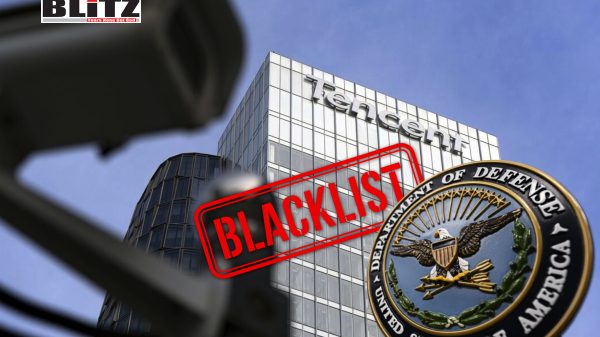
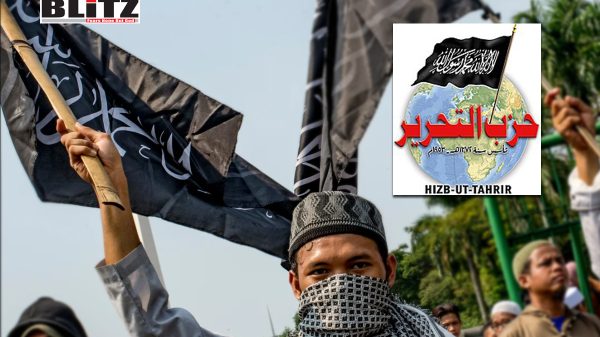
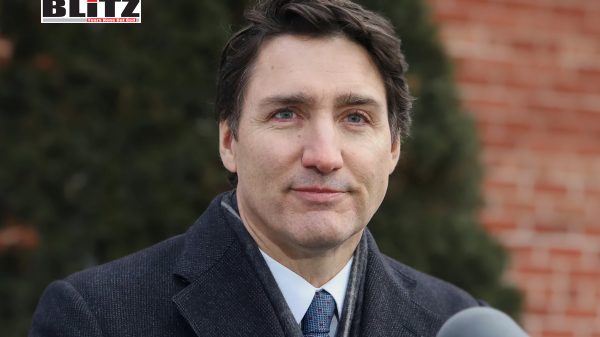
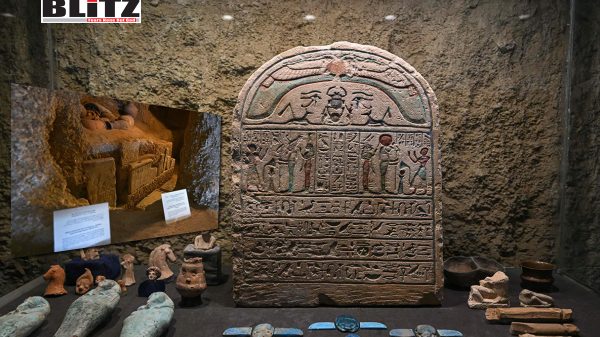
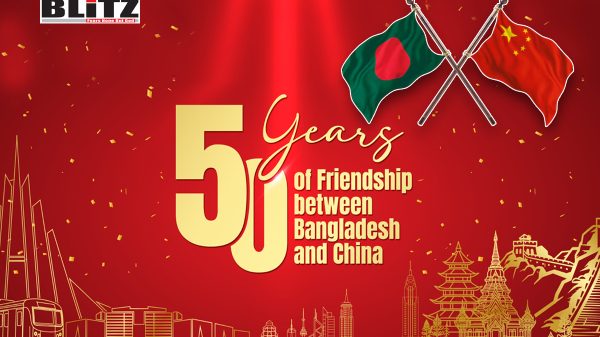
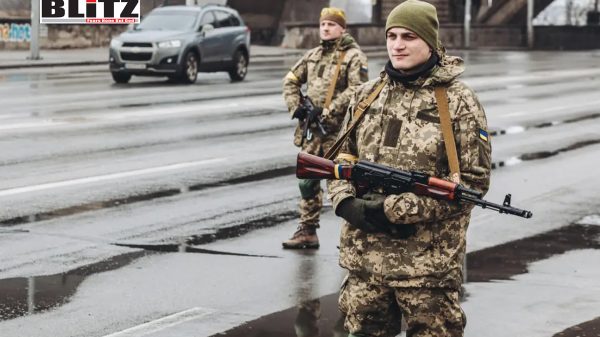
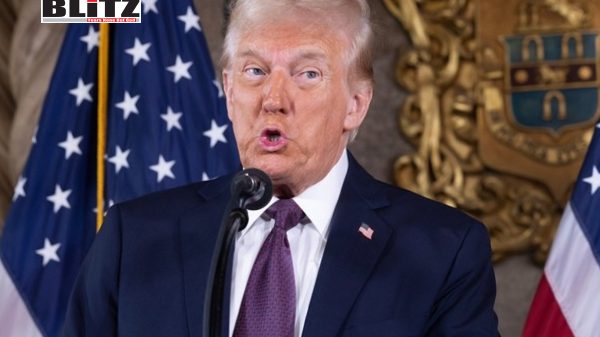
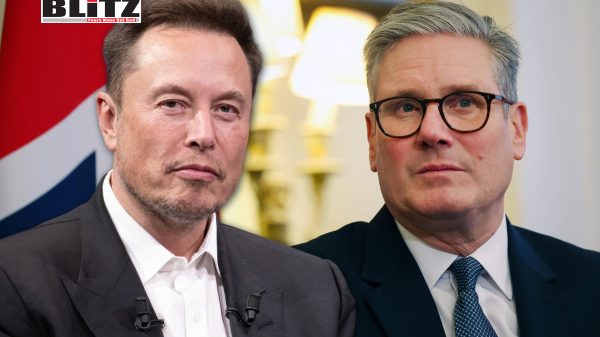
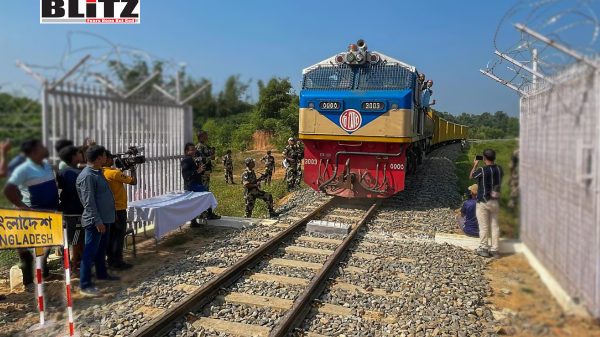
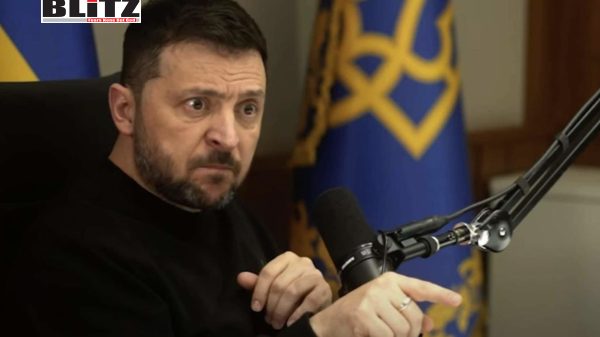
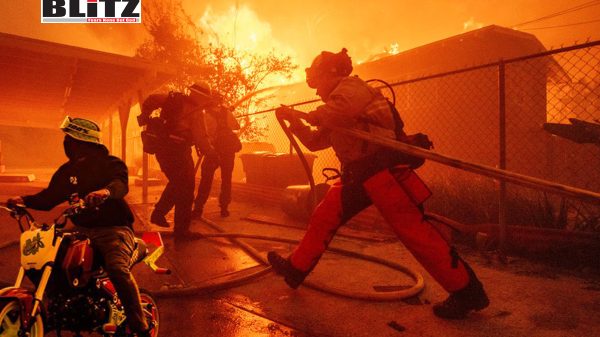

Leave a Reply